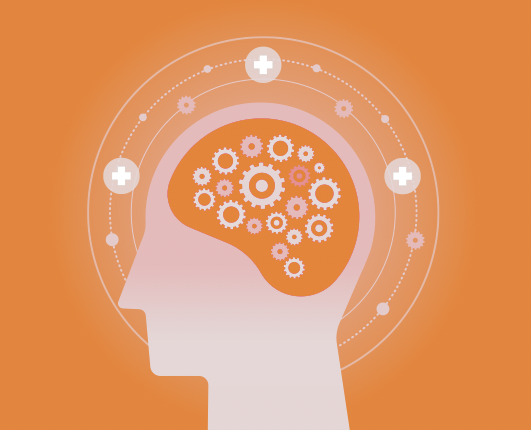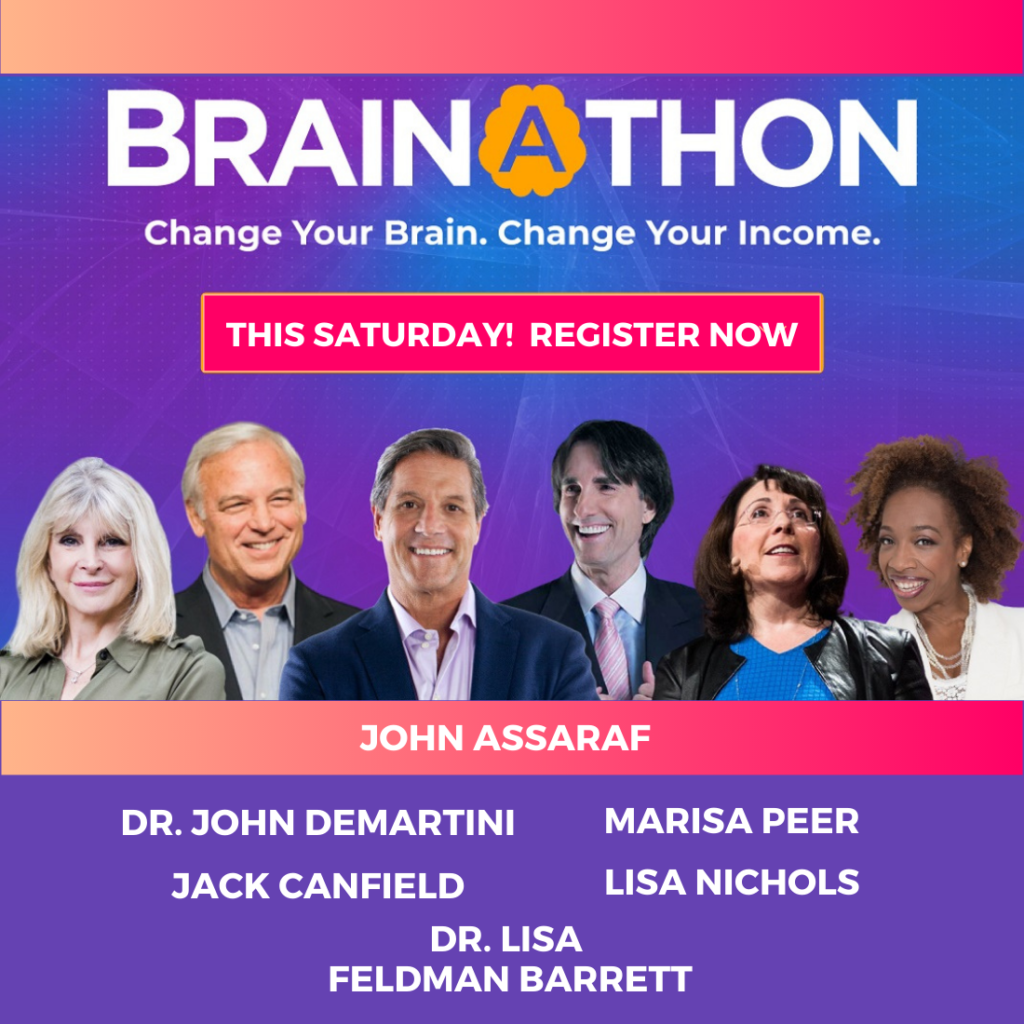But first… What is the growth mindset theory?
The growth mindset theory states: “In a growth mindset, people believe that their most basic abilities can be developed through dedication and hard work—brains and talent are just the starting point. This view creates a love of learning and a resilience that is essential for great accomplishment.” (Carol Dweck, Mindset)
Author Carol Dweck’s bestseller, Mindset, has been widely acclaimed and translated into 26 languages and is the book that Tom Bilyeu (founder of Quest Nutrition and Impact Theory) calls “the single most important book in the English language.”

Tom Bilyeu: “You can learn anything“
Tom Bilyeu is the co-founder of the billion-dollar brand Quest Nutrition, co-founder and host of Impact Theory, and founder and director of Impact Theory University.
The reason that billionaire Bilyeu believes that Dweck’s Mindset is so powerfully foundational is that it clarified an idea that he had to personally “cobble together for over a decade” of his life. And this concept is simply the idea that if you believe in yourself, you can learn anything.
Dweck’s definition of a growth mindset illustrates that if you put your mind to something, you can grow and get better over time because your intelligence level is not a fixed trait. It’s not something set in stone but instead has an element of malleability. While it takes a lot of work and disciplined effort to achieve great things, it is more than possible for nearly anyone to experience improvements in intellectual abilities and levels of success.
Dweck’s expanded interpretation of a false growth mindset
All of us are a mixture of fixed and growth mindsets. Dweck explains that a false growth mindset is saying you have a growth mindset when you don’t really have it—or you don’t really understand what it is. It’s also false in the sense that nobody has a growth mindset in everything all of the time. You could have a predominant growth mindset in one area of your life, but there can still be things that trigger you into a fixed mindset trait. Something really challenging and outside of your comfort zone can trigger it, or, if you encounter someone who is much better than you at something that you pride yourself on, you can think, “Oh, that person has the ability, but I don’t.”
Fixed Mindsets
Unfortunately, many humans fall into the category of having a fixed mindset, believing talent and intelligence are fixed traits that we were born with, and with no chance of improvement. Even though many people are already pre-conditioned with a fixed mindset, it’s simply a matter of convincing the brain that “fixed” traits can in fact be improved through disciplined practice. If we can fully experience the feeling of believing our energy is going to be rewarded with eventual improvements, it’ll be a lot easier to put in the necessary time and effort to reap the rewards. And science agrees.
Unlimited Abilities
Dr. Joe Dispenza is an international lecturer, researcher, corporate consultant, author, and educator who is driven by the conviction that each of us has the potential for greatness and unlimited abilities.
He believes that it is the state of our mental energy that helps us to improve the level of greatness we’ll experience in our future: “Every time you make the decision to believe in your future with that [high] level of energy, you’re sending out a big signal that creates big ripples in the quantum field. If you keep doing it enough times, you’re conditioning your body to a new mind. You’re combining a thought and a feeling, an image and an emotion, and a stimulus and a response. This is how you condition your brain and body into a new future.”
Joe Dispenza: Growth Mindset morning routine
We’re sharing a short video from Dr. Joe Dispenza explaining how we must utilize the first moments of the day to focus on the things we want for our future. Upon waking, our mind is still producing Alpha waves for a few minutes, and we can take advantage of this to influence the unconscious mind, putting new desires and beliefs into action with affirmations and visualizations.
Establishing and following a morning routine is one of the best ways to put in the work of building our growth mindset. Check out Joe Dispenza’s video HERE!
Growth mindset interventions
Increasing numbers of people are embracing “growth thinking” in their everyday lives. Even schools are now implementing growth mindset intervention at different levels, using psychological tools to communicate to young people that their brains can grow “stronger.” These positive beliefs about intelligence are expected to result in increased resilience and better performance.
The trap of the growth mindset
But growth mindset criticism is growing. While the concept of possessing a growth mindset has become a hugely popular theory for how we expand our personal growth and education, it has the potential to become a psychological mirage. It may initially feel revolutionary for many, upon realizing we, in fact, have the ability to make all types of remarkable changes in our lives, but we have to watch out for the trap that is lovingly referred to as the false growth mindset. The false growth mindset, as explained by Carol Dweck, is made of two parts: one is praising ineffectiveness, and then the other is positive thinking without accountability. If you find that you are trapped in either part of this false growth mindset, you may lack self-awareness and may need to discover the root cause of these false interpretations.
Misappropriated growth mindset
Many people interested in personal growth aren’t always willing to take the longer, more difficult path to identify and implement the right strategies that lead to their desired success. Instead, the idea of attaining a growth mindset has gotten boiled down to “praise the effort, not the outcome.”
Positive thinking without accountability
The sort of effort we should be praising is the effort that leads to success. You’ve got to be really careful in distinguishing these traits because the human mind can trick us quite easily! By holding yourself accountable to effort instead of actual performance and results, you are only fooling yourself. When your effort does not result in growth, you need to direct yourself towards the type of effort that does.
Not holding yourself accountable to results
Praising effort has become all the rage in personal development—all in the name of a growth mindset. The argument goes something like this: If we praise people for their ability or achievements, we minimize the importance of their efforts. By focusing on who they are and what they did, rather than how they did it, we contribute to the development of a Fixed Mindset. The alternative, we are told, is to praise “effort,” and this is supposed to be a way of praising people for how they go about learning. The trouble is that not all effort is valuable. Some of it is very ordinary, and in some scenarios, it’s completely ineffective.
Focus your attention on the behaviors that lead to growth
If you have positive thinking without accountability, you’re not doing yourself any favors. You’re not going to be moving forward because you’re going to get the emotional reward for something that wasn’t effective. And the whole idea behind attaining a growth mindset is that you intend to work hard to get better at something, which allows you to gain mastery. Mastery is one of the pillars of human fulfillment. If you want to feel a sense of progress in your life, then you’ll need to attain more skills that allow you to do new things!
Growth Mindset Science: Flip on your brain’s “Success Switch” to begin experiencing real growth
Modern psychological studies have proven that there is a “switch” inside our brains. When you flip on this switch, you can:
- Achieve your goals faster and easier
- Improve your income
- Take control of your emotions (this one is huge)
- Have more peace of mind and freedom
- Finally, start living life on your terms
It’s called the “Success Switch” or “Neuroplasticity Switch.” In short, it turns your brain into a superpower —And this is why it’s so valuable. Would you like to discover how to flip on your brain’s success switch? Brain expert John Assaraf is revealing his latest findings at his Brain-A-Thon Summit.
Click Here to Reserve your Spot!
John has spent the last seven years studying the “brain unlocking secrets” and manifestation secrets of the world’s richest and most successful people. During that time, he has passed these methods along to over 100,000 students from every walk of life. (John himself left High School in Grade 11 after failing Math AND English).
So the bottom line is…
This stuff works and can dramatically improve your income, confidence, and success. Yes, even if you’re stuck in a rut or feeling like you don’t deserve more out of life.
Join the Free Brain Training Masterclass!

by Cherilyn Cole
author + your direct connect @ growthlenses.com
Recommended for you:
Joe Dispenza – “Learn the Science of Changing your Mind”
Get this FREE GUIDE to learn about his TOP RESOURCES you can start using NOW!
Explore the latest in neuroscience tools for growth-mindset brain hacks
What exactly is a brain hack? Some explain it as a “strategic technique centered around universal human biology, with the goal of altering functions such as perception, focus, or awareness.” Read on to learn what the experts (like Dr. Andrew Huberman of Huberman Lab podcast) are sharing.
GrowthLenses Roots
GrowthLenses Roots are short features created to inform readers about some of the latest concepts and tools that inspire personal growth.
GrowthLenses MindSet
GrowthLenses MindSet articles were created to educate and inspire readers, featuring our favorite thought leaders, authors, and resources.


This is a very good tips especially to those new to blogosphere, brief and accurate information… Thanks for sharing this one. A must read article.